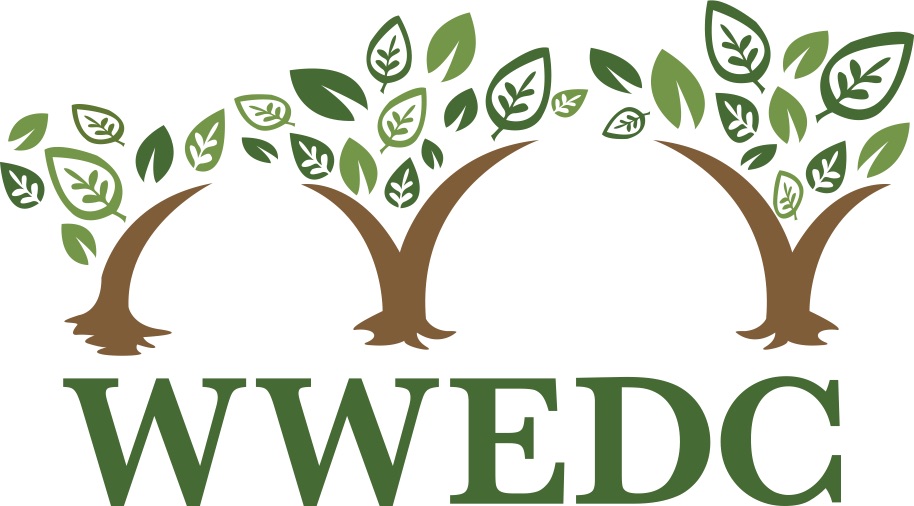Blog post written by Therese Kenny, MSc, PhD Student Clinical Child and Adolescent Psychology
This week, I found myself at a “thank-you” breakfast. A beautiful spread had been provided with pastries, bagels, fruit, and hot drinks. To be honest though, there wasn’t much gratitude. I spent the entire breakfast listening to colleagues talk about what they should and shouldn’t eat, how bad they were being, and which foods were “okay” to consume. When I left, I was angry and frustrated. How could these lovely people be so ignorant about diet culture? How could they have enjoyed any part of this breakfast that was so graciously provided? Above all, I felt tremendous sadness: the food that was meant to connect us had ultimately left us ashamed and disconnected.
Food plays a significant role in our culture and many gatherings revolve around food. Think back to the last holiday, staff party, potluck. With all these food-centered events, there are many opportunities for diet culture messages to be transmitted. These gatherings, however, also provide an opportunity to counter or challenge these messages. It is for this reason that I am writing a post about some of the most common diet culture phrases, along with some ways to change the dialogue. My hope is that we can all be a little more mindful of how we speak and more compassionate towards ourselves as we navigate this messy, diet-centered world.
Oh, you’re so good. You are only having X.
Why this is problematic: When we make statements about the “goodness” or “badness” of people’s food choices (including our own), we assign moral value to food. This is problematic because it equates someone’s worth with what they eat. People’s (inherent) worth is not predicated on what food they put in their body any more than it is on the air that they breathe.
How to change the dialogue: First of all, it is probably best not to comment on what others are eating, unless you have a severe allergy and want them to move elsewhere. Second, when talking about our own food choices we can begin to change the language to talk about “delicious”, “satisfying”, or “fulfilling” foods. If you catch yourself using “good” and “bad”, take a pause to think about how this makes you feel and if there is a way to shift your perspective. Often the foods that we categorize as “bad” are the foods that bring us pleasure, connection, and satisfaction. In my mind, none of these things is bad. In fact, these are the things of which I want to grow more in my life!
I’m planning on not having X later.
Why this is problematic: Restricting or limiting what we eat in response to a previous meal or snack is known as a compensatory behaviour. That is, we use the restriction to compensate for something else that we may have had. People also sometimes do this with exercise. Have you ever heard someone talking about “having to go to the gym” after an event? This reinforces the societal message that there is a limit to what can be eaten in one day and that if one exceeds this limit they are obliged to make up for it. It also, once again, ties one’s worth to what they put in their body. It is 100% natural that the amount and types of food we eat will differ across days, weeks, months, and years. There will be times when you have the energy and financial resources to make home-cooked meals and there will be times when you are just too busy or don’t have the money so you pick-up take-out or make Kraft Dinner.
How to change the dialogue: Approaching each meal and snack with a sense of curiosity can help to allow us to better listen to our bodies. Maybe you don’t want the donut during the staff meeting because you are not in the mood for something sweet. And maybe you do. Both are alright. Stopping the talk about and the act of engaging in compensation is key, however, to being able to reach this point. Even if you are not ready to start making the journey to this point, limiting (or better yet, eliminating) the compensations talk at group events will likely be appreciated by those around you!
I shouldn’t have eaten that.
Why this is problematic: When we talk about whether you “should” or “shouldn’t” have something, we are implicitly saying that there are rules about what is and isn’t okay to eat. This is problematic because, again, it puts food into categories, whether that be good/bad, healthy/unhealthy, okay/not okay, the list goes on and on. These dichotomies send the inaccurate message that there are rules about what our bodies can have, which, unless you have an allergy or dietary restriction, is utter nonsense. When we put food into categories, we reduce it to its component elements, forgetting that food has long been so much more than macronutrients. Food allows for connection, compassion, and love.
How to shift the dialogue: Focusing on what you gained from the food can be helpful in shifting the dialogue. Do you have more energy? Do you feel satisfied? Were you able to connect with your friend, parent, child, sibling? Thinking of food as being more than just energy in allows us to truly enjoy the gifts that food provides, rather than spending our time in guilt or shame.
At the end of the day, diet culture is so engrained in our culture that it is a HUGE undertaking to begin to push back. Thinking about and changing the way we speak, though a seemingly small step, can have enormous benefits for you and the ones around you. Research shows that changing how we talk can change how we feel. And I bet that thinking about that donut as being “satisfying” or “delicious” makes you feel a lot better than viewing it as “bad” or “off-limits”.

